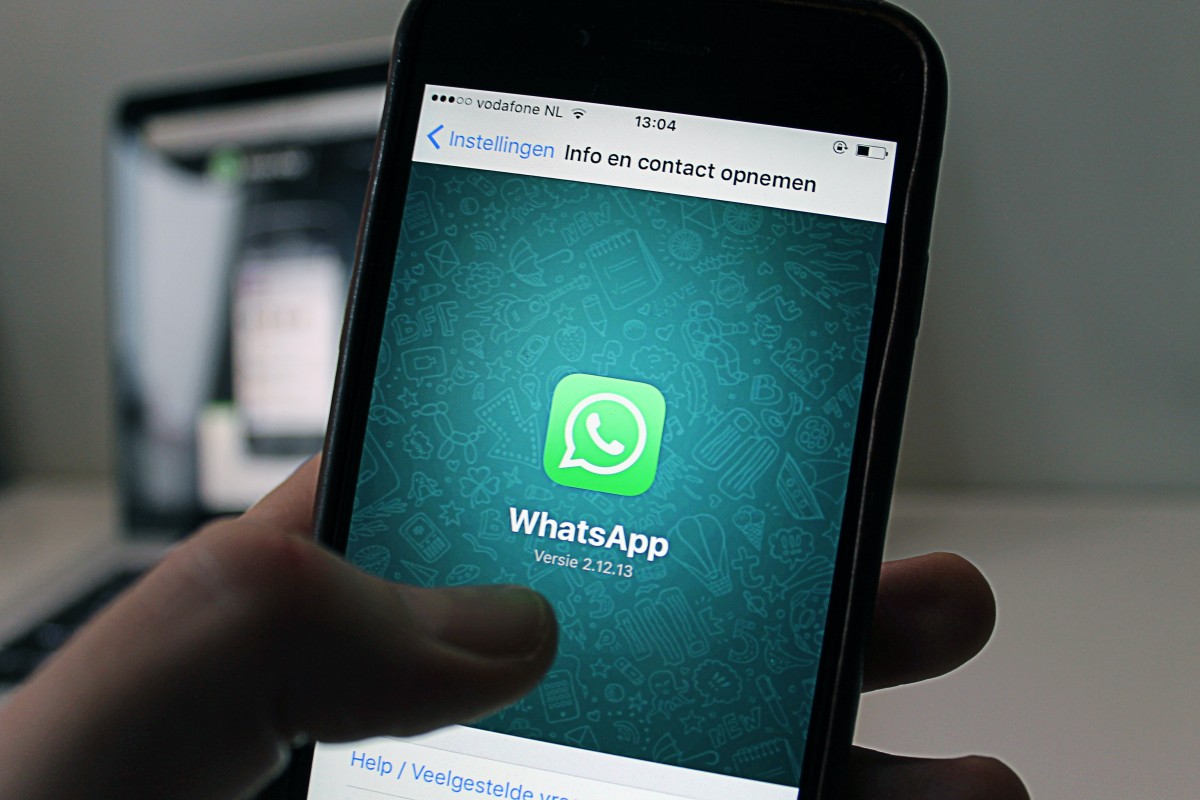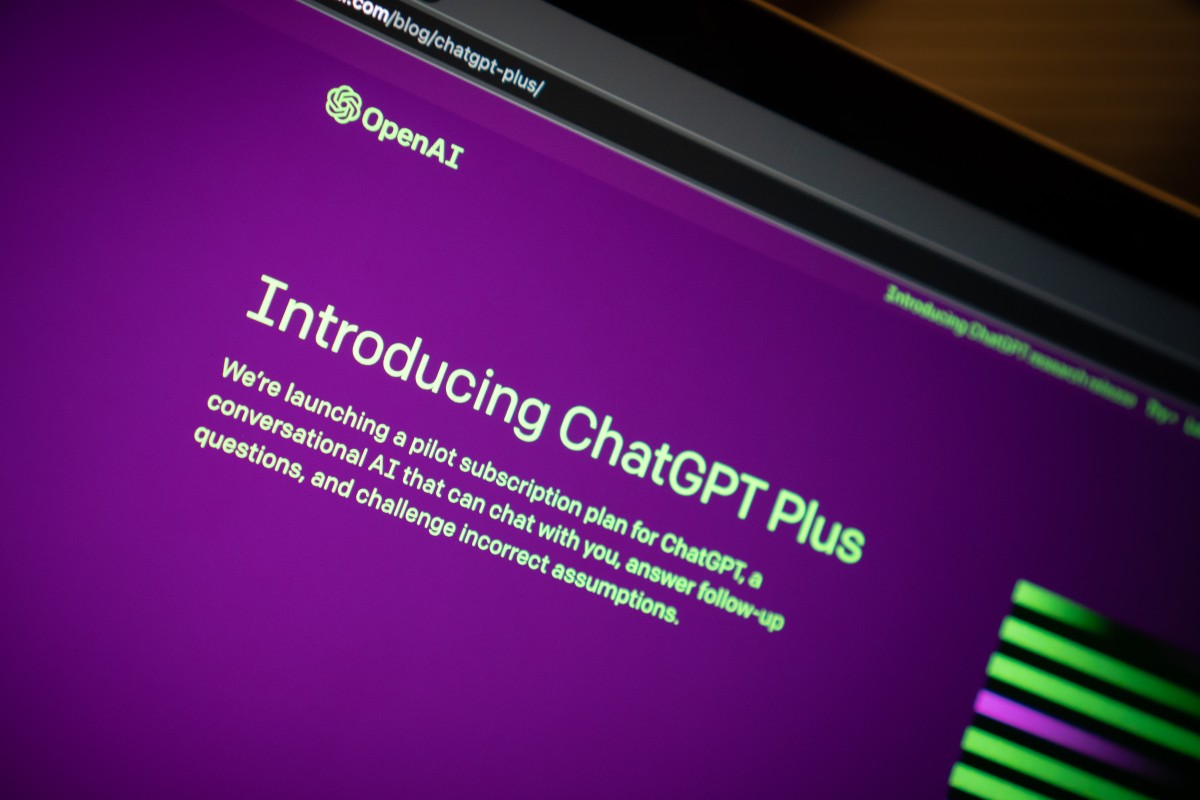Is ChatGPT Safe to Use? What You Need to Know
As artificial intelligence continues to evolve, tools like ChatGPT have become increasingly popular for everyday tasks, ranging from writing assistance and customer support to creative brainstorming and coding help. However, with its growing usage, many people have started to wonder: Is ChatGPT safe to use? Understanding the potential benefits, limitations, and risks of such AI tools is crucial as more individuals and organizations integrate them into their routines.
What is ChatGPT?
ChatGPT is a conversational artificial intelligence model developed by OpenAI. It’s based on the advanced GPT (Generative Pre-trained Transformer) architecture and is trained on vast datasets that include books, articles, websites, and other forms of text-based data. The idea behind ChatGPT is to generate human-like responses to prompts, making it suitable for a wide range of interactions from answering language questions to writing essays and solving code-related problems.

Is ChatGPT Safe from a User Privacy Perspective?
One of the primary concerns users have about AI tools like ChatGPT is privacy. Here are some critical considerations to keep in mind:
- Data Collection: When using ChatGPT, your input may be reviewed by OpenAI to improve the model. However, OpenAI has stated that they take privacy seriously and employ measures to anonymize the data. Users can also opt out of having their conversations used to train future models under certain plans.
- Personal Information: You should avoid sharing sensitive personal, financial, or medical information when chatting with ChatGPT. The system doesn’t have memory in the free version unless you opt into features that enable it to remember specific facts between conversations.
- User Control: OpenAI offers some levels of control over data, including features that allow users to delete their chat history. Transparency regarding how data is collected and used is still evolving but improving with each iteration.
Can ChatGPT Be Trusted to Provide Accurate Information?
Another common question regarding the safety of ChatGPT is its reliability. How accurate is the information it provides?
While ChatGPT is highly advanced and capable of delivering impressive responses, it is not infallible:
- Fact-Checking: The model can sometimes generate incorrect or outdated information. Users should always verify any critical or factual content, especially for topics that are time-sensitive, such as health, finance, or legal advice.
- Bias in Responses: Like many AI models, ChatGPT can reflect biases present in its training data. OpenAI continuously works to mitigate this, but users may still encounter biased or skewed content depending on the context or query.
- Mimicking Human Response: It’s worth noting that ChatGPT can confidently offer incorrect answers, making it harder for untrained users to distinguish between what’s accurate and what’s not. Users should maintain a skeptical and analytical approach, especially in high-stakes situations.
Security and Technical Safeguards
From a cybersecurity standpoint, the interaction between users and ChatGPT typically occurs over secure, encrypted channels. However, this does not negate all risks:
- Phishing and Social Engineering: There’s potential for misuse if someone attempts to manipulate ChatGPT output to generate phishing emails or social engineering scripts.
- Malicious Code Generation: While coding assistance is one of ChatGPT’s strengths, users should review any code it generates to avoid vulnerabilities or security risks.
- Harmful or Inappropriate Content: OpenAI has put safeguards in place to prevent the model from generating unsafe or harmful content, but occasional lapses still occur, especially when prompted with cleverly disguised inputs.
ChatGPT in Education and the Workplace
Educational institutions and workplaces have started to incorporate AI tools, including ChatGPT, into their frameworks. But is it safe and ethical to use them in those environments?
There are both benefits and risks involved:
- Academic Integrity: Students using ChatGPT to complete assignments could face academic penalties if caught. It raises concerns about plagiarism and the dilution of genuine learning.
- Data Protection: Employees should be cautious when entering company-sensitive information into external tools like ChatGPT, especially if the organization hasn’t vetted them for secure use.
- Enhanced Productivity: When used responsibly, ChatGPT can significantly improve efficiency, aiding everything from customer service to task automation.

Tips for Safe Use of ChatGPT
To make the most out of ChatGPT while maintaining safety, consider the following best practices:
- Avoid disclosing personal or confidential information.
- Always fact-check responses, especially when making decisions based on them.
- Use ChatGPT as a supplementary tool, not a sole decision-maker.
- Stay informed about platform updates and privacy policies.
- Enable available safety features and consider using ChatGPT under a secure network environment.
Who Should Be Most Cautious?
While ChatGPT can be safely used by most individuals, certain groups should be more cautious:
- Children and Teenagers: Due to potential exposure to inappropriate content or misinformation, children should use AI tools under adult supervision.
- Healthcare and Legal Professionals: These professionals must be cautious about relying on AI-generated suggestions, as errors could have serious consequences.
- Business Executives: Company representatives must ensure no proprietary or confidential information is shared with third-party AI tools without proper data governance in place.
Conclusion
ChatGPT, when used wisely, can be a safe and incredibly useful tool in many aspects of life. However, like any powerful technology, it carries responsibilities. Users should remain vigilant about personal privacy, understand the AI’s limitations, and use it as a co-pilot rather than an autopilot. With responsible usage and proper safeguards, ChatGPT can be a valuable assistant in the digital age.
Frequently Asked Questions (FAQ)
- Does ChatGPT store user conversations?
OpenAI may store and review conversations to improve the model. However, users can delete chat history and, in some cases, opt out of having their data used for training. - Can ChatGPT access my personal information?
ChatGPT cannot access your personal files or information unless you explicitly share it during your conversation. - Is ChatGPT suitable for children?
ChatGPT is not specifically designed for children and should be used under adult supervision to ensure appropriate use. - Can ChatGPT provide legal or medical advice?
While it can simulate advice based on general data, it is not a qualified substitute for professional guidance from a lawyer or doctor. - Is the free version of ChatGPT different in terms of safety features?
The free version has basic safety features, but enterprise-level or paid versions may offer enhanced privacy options and user controls.



